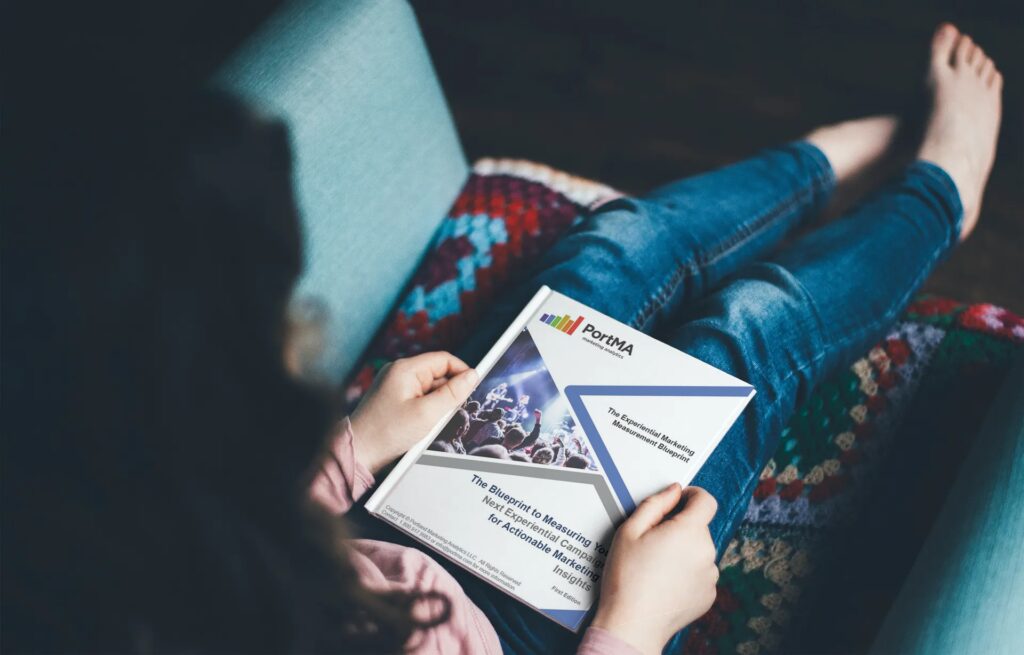
In-depth interviews are a fun experience for experiential marketing researchers. It gives the opportunity to have an engaging conversation with a respondent without the rigidness of a quantitative survey. As researchers, we gain satisfaction from learning about consumers’ attitudes and behaviors, how they differ from ourselves and others, and why.
Throughout the past several years at PortMA, we’ve had the opportunity to write multiple discussion guides for in-depth interviews. We’d like to share some tips that help ensure the research is of high quality.
1. Avoid asking leading questions in experiential marketing interviews
Similar to how one should not ask leading questions in survey research, the same should be avoided with in-depth interviews as well. Questions need to be worded so the respondent will provide a true “top of mind” answer. This can only be done if the interviewer has in no way created bias toward a particular answer.
One way to avoid bias is to omit value statements from questions. If you’re asking about past experience with a product, asking, “How much did you enjoy the taste of the product,” implies the respondent was satisfied. In fact, he or she may not have enjoyed the product at all. Consider re-wording to something like, “What did you think about the taste of the product?” This allows the respondent to provide an answer that’s purely his or her own.
2. Utilize the “Four W’s” (Who, What, When, Where) and their companion, “How?”
It sounds like common sense to phrase the majority of your questions using that convention. However, I find when I’m writing the first draft of a guide, it’s easy to include a lot of questions that evoke yes or no answers. Using “How” and the “Four W’s” allows the respondent to give an open, more detailed response during In-Depth Interviews.
You’ll notice I left out “Why.” This is because “Why” may imply that there’s a correct answer. There should be no right or wrong answers in an in-depth interview. It’s OK to use “Why” sporadically, but its use should be limited. I often like to ask, “What reasons do you have …” in place of “Why.”
3. Don’t be afraid to dig deeper.
In-depth experiential marketing interviews seek to obtain more detailed feedback than a quantitative survey. Questions should be asked with that goal in mind. It’s helpful to have potential answers in mind, but use caution when doing so, because that is how leading questions are unwittingly created.
For example, if you want to know what a respondent likes most about the taste of their favorite brand of coffee, I’ll plan to probe for attributes like boldness, flavor, or additives. Doing so may add another 15-20 seconds to your interview, but the point is to get as much detail as possible.

Additional Resources
FOR EXPERIENTIAL MARKETERS
- Experiential Measurement Blueprint
- Event Impression Calculator
- Experiential ROI Benchmarking Reports
- Event Measurement Video Tutorials
